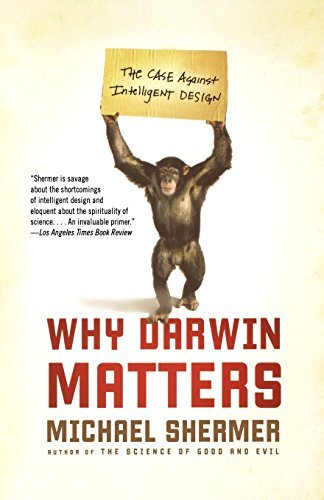What do you think?
Rate this book


Paperback Bunko
First published August 8, 2006
It surely argues more power in the Deity to delegate a certain degree of power to inferior creatures than to produce every thing by his own immediate volition. It argues more wisdom to contrive at first the fabric of the world with such perfect foresight that, of itself, and by its proper operation, it may serve all the purposes of Providence, than if the great Creator were obliged at every moment to adjust its parts, and animate by his breath all the wheels of that stupendous machine.
This [morality] is what bothers people about
evolution theory, not the technical details
of the science. Most folks don’t give one
whit about adaptive radiation,
allopathic speciation, [….] punctured
equilibrium and the like. What they do
care is about whether teaching evolution
will make their kids reject God, allows
criminals and sinners to blame their
genes for their actions and generally
cause society to fall apart.